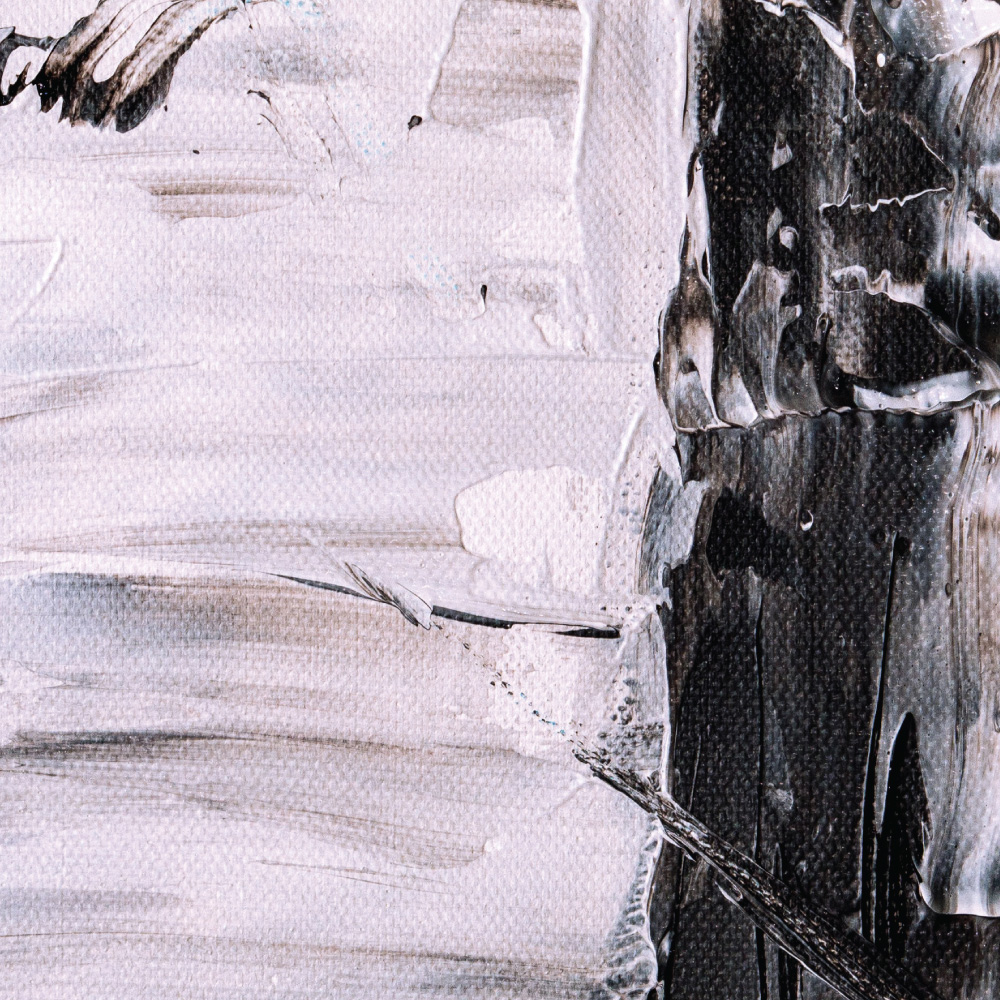Darkness Pass A Nocturn
Main Article Content
Abstract
In the title for his most recent book, Out of the Dark Night (2021), Achille Mbembe echoes Aimé Césaire, who describes the postcolony as an enervated landscape, seen and felt ‘at the end of the small hours.’ From this liminal time-space—betwixt what Césaire calls ‘the strand of dreams and the senseless awakening’—Mbembe rejects both nihilistic suspicion (toward language, identity, meaning), and the false oases of scientific-epistemological certainty. Threading their twilight perspectives through the nocturnal lens of Édouard Glissant’s opacity, Andrew Culp’s ‘Dark Deleuze,’ Jason Mohaghegh’s philosophy of the afterdark, Fred Moten’s fugitivity, and more, I explore night as a third route beyond the tabulations of masochistic skepticism and sadistic truth. Working between fact and fiction, autobiography and critical theory, I delve into the fascinating paradoxes of nocturnal experiences through the tactics of some of its most dynamic practitioners, those post-apartheid artists, writers, and musicians who reject both the glaring fallacies of rainbowism and the self-defeating nihilism of afro-pessimism; those who keep strange hours and navigate the hidden potentialities of the after-dark: the thief, the runaway, the dreamer, the drunkard, the insomniac, the revolutionary, the prophet, the madwoman, the sorcerer, and the trickster.
Article Metrics Graph
Metrics
Article Details

This work is licensed under a Creative Commons Attribution-NonCommercial 4.0 International License.

